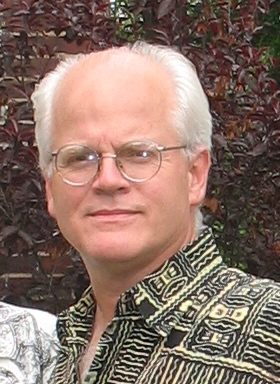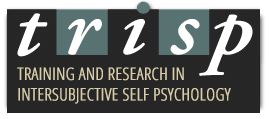In this paper, George Hagman will offer an explanation for how self-agency can be understood in the context of a multidimensional subjective field, and how we can address self-agency and intersubjectivity simultaneously in our clinical understanding and approach to patients. We must think of subjectivity as having three dimensions: the intrasubjective (self-experience), the intersubjective (relational experience), and the metasubjective (cultural experience). Each of these subjective dimensions is determined by the others, while at the same time being capable of independent, creative change. George argues that it is the analyst’s challenge is to hold all three dimensions in mind, while shifting as needed to the way each dimension may move from background to foreground, and back again, yet always being aware that all three determine each other, and are active dimensions at all times of every human experience. He will also show that the nature of the psychoanalytic relationship skews the multidimensional field towards the self-agency of the patient. This multidimensional perspective is a powerful tool for our understanding and treatment of persons confronted with a complex and challenging world. A clinical example will be discussed to illustrate this perspective.
Two Continuing Education Credits for NYS social workers, psychoanalysts, psychologists, and LMHCs.

George Hagman
George Hagman, LCSW, is a clinical social worker and psychoanalyst in private practice in New York City and Stamford, Connecticut. He is on faculty of the Training and Research in Intersubjective Self Psychology, and is a training analyst, supervisor, and faculty member of the Westchester Center for the Study of Psychoanalysis and Psychotherapy. George is co-editor with Peter Zimmermann and Harry Paul of Intersubjective Self Psychology: A Primer (Routledge, 2019). He is also the General Editor of the Art, Creativity and Psychoanalysis book series and New Directions in Self Psychology book series both published by Routledge.

 Find Us on Facebook
Find Us on Facebook